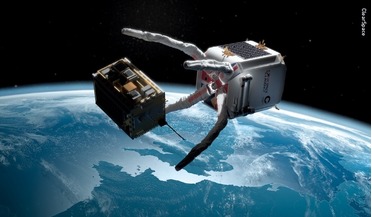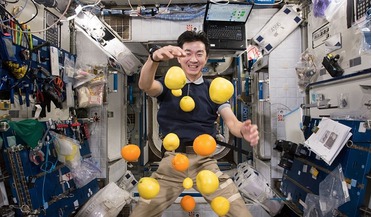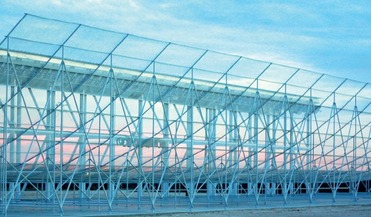 September 2020
Tackling space debris - a global priority
September 2020
Tackling space debris - a global priority
... assets, such as Global Positioning System (GPS) satellites and the International Space Station (ISS) and its crew. Further, they could hinder future space activities through a collision cascade effect known as the Kessler syndrome, whereby debris...
 January 2021
Safeguarding space - lessons from decommissioning in the energy industry
January 2021
Safeguarding space - lessons from decommissioning in the energy industry
... orbital population will undoubtedly have a profound effect on the way in which future space activity is conducted Whilst space itself may be ‘big’, the useful space around the Earth is finite, and orbits desirable for satellite operations are even...
 January 2023
Clearing space junk from orbit
January 2023
Clearing space junk from orbit
...example, by requiring more shielding or to conduct evasive manoeuvres - and they threaten the long-term benefits of space activities. Interconnected satellite communications networks. Debris removal Today, there are about a million human-made objects...
 October 2015
Baikonur, Kibo and beyond: Japan’s leading role in space
October 2015
Baikonur, Kibo and beyond: Japan’s leading role in space
... this principle, three programmes were identified to explore the frontiers for future space development. They were: space science and exploration; manned space activity; and space photovoltaic power generation. The Soyuz TMA-17M is transported to the...
 August 2016
Exploring the problems of criminal justice in space
August 2016
Exploring the problems of criminal justice in space
...tourism. There are, however, difficulties with simply transposing this to space activity. The nature of sovereignty and the apportionment of liability in international space law is fundamentally different to that adopted in aviation law. Additionally...
 May 2017
Will international space law struggle to remain relevant?
May 2017
Will international space law struggle to remain relevant?
... towards military objectives. The prospects for the future use of outer space offer both tremendous opportunities and challenges The relationship between space activities and military conduct had always existed in practical terms, irrespective of the...